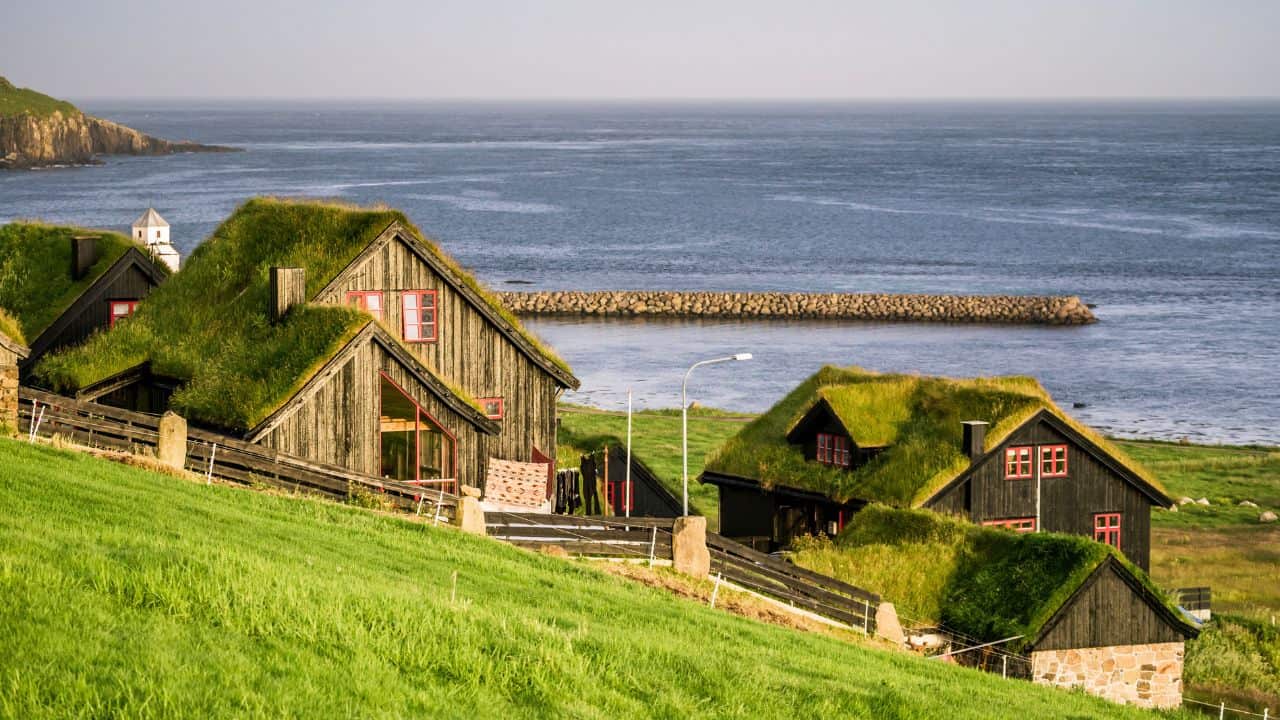A lot of the small things that we can do to help save the environment don’t cost a thing.
So to save you money while you help to save the world, here are the best things that you can do without breaking the bank.
Help Protect (And Save) The Earth One Small Change At A Time
1. treeapp – free tree planting
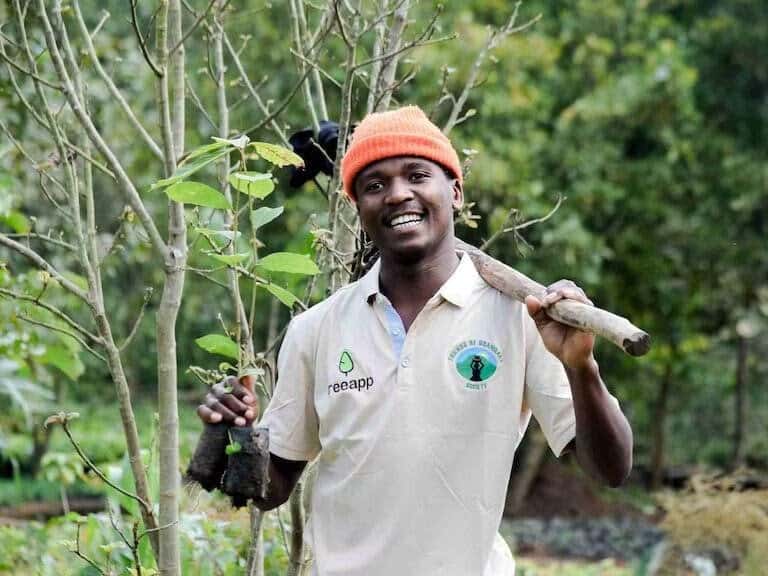
B Corp treeapp is a free tree planting app that allows users to plant trees across the world in just a few taps.
An easy way to make a global impact, users simply have to choose a reforestation project to support and answer three questions, then your tree is planted – and you can do it everyday!
A great and easy way to help stop deforestation and restore natural habitats, all the while contributing to the protection of our earth.
2. SoCo – challenges means prizes
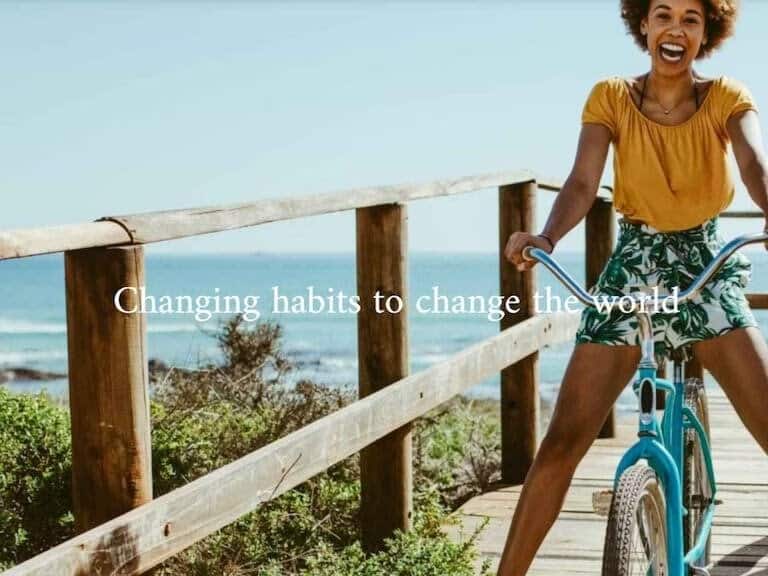
Another app to save the day: Soco.
SoCo is here with its own steps to save earth by nudging users into positive habits that are better for people and the planet.
Whether it be how to travel or what to eat, SoCo empowers users every day to try something new.
And the best bit? Amazing ethical brands will give you rewards for your efforts.
Only available to download on the App Store.
3. Snoop – smart banking

Saving money has never been easier than with Snoop.
Winner of the 2021 Innovation Of The Year from the British Banks Awards, Snoop helps users save where they spend.
This app helps keep track of things so that customers don’t have to – like whether bills are too expensive, in which case Snoop can provide a better deal.
Whether it’s to monitor expenditures or to save money, Snoop is ready to help customers save.
Available on smartphones, laptops and desktop.
4. Bagboard – challenges and get free stuff
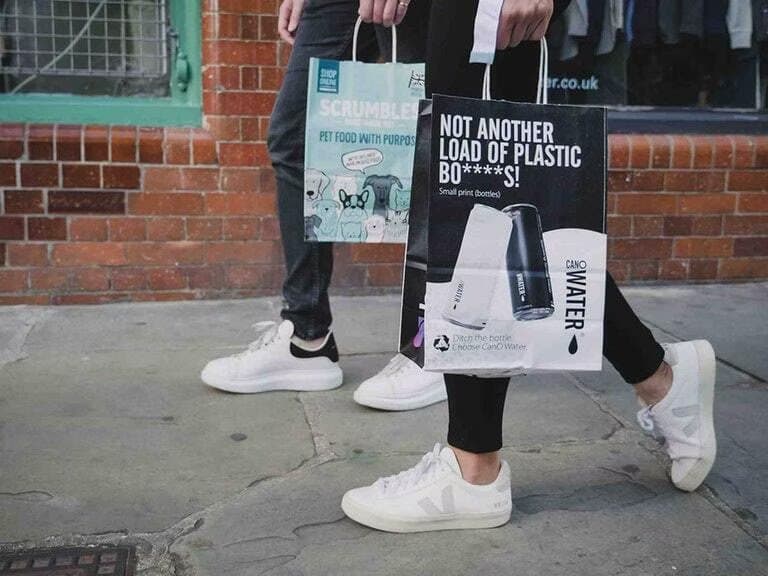
Save earth, save money.
What’s not to love about Bagboard’s ethos which is exactly that: saving the earth and saving users money – and that’s exactly what they do.
It all starts with their smart bags, which are picked up in selected stores or delivered straight to home, and their app.
Once users have their free eco-friendly smart bag, with each one being funded by one of their sustainable brand partners, simply scan the QR code on the bag, take it out for a walk, and receive points.
These points, or conscious coins, can then be spent to earn sustainable prizes. How easy!
5. Tentshare – make money from renting out your tent

Tentshare is an online platform where people can either rent and rent out tents.
With saving money in mind, the renting of a tent is cheaper than buying and helps to reduce the waste created by disused/discarded tents.
Moreover, it is a great way to make money if most days out of the year, there is a tent unused and can be rented out.
As a great way to make camping more accessible and affordable, Tentshare is a great way to know that tents are going to good use.
6. Searchbosh – secondhand rentals

From fashion to sports, Searchbosh is the rental search engine to use.
Renting, but how does that help us save the earth? By preventing any unnecessary waste and supporting a circular economy, which in turn conserves the earth’s resources and the economy.
With Searchbosh, simply message them the desired item, they’ll do some digging to find the best options, and then users choose from their personalised recommendations.
7. Vinted – sell your clothes

Ready to declutter your wardrobe (and save the earth)? Then Vinted is a great way to start.
Whether buying or selling, Vinted is an amazing platform to browse clothing, homewares and entertainment.
Available on both browser and mobile apps, this free app also allows sellers to list items for free and with zero listing fees.
Say no to fast fashion, say yes to Vinted.
8. Litterlotto – earn prizes by binning litter
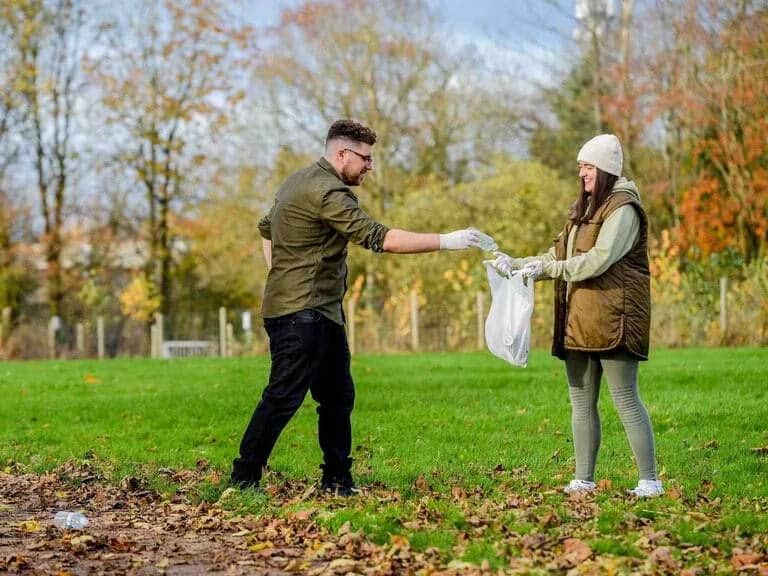
If there was ever an incentive to clean up and protect our earth by picking up litter than this is it. The mobile app Litterlotto is a fun and engaging way to throw away litter.
Simply take a photo with the app as an item is binned, and get a chance to win spot prizes and guaranteed jackpots.
Inviting friends means bonus entries into the monthly jackpot draw – and if they win a prize, so will you.
Supported by brands who want a cleaner environment, throw away litter with style by installing Litterlotto.
9. OLIO – saving/donating food waste

OLIO is an easy way to find millions of people giving away food and other household items for free.
Whether seeking to clear out the pantry or find some free nosh, OLIO is the mobile app to install.
Simply add items and choose who to share with, or browse listings and see what’s on offer, OLIO is a great way to stop food from going to waste.
10. Swopped – clothes swapping platform

Perhaps one of the most enjoyable ways to help save the earth, instead of buying and renting, how about swapping clothes?
Swopped is a clothes swap shop with a mission to make fashion more circular.
By sending beautiful and unwanted pieces of clothing that aren’t worn anymore to Swopped HQ, users get credits in return that can then be spent on a new wardrobe on site.
Let clothes go to a new home, not a landfill, with Swopped.
11. Freecycle – giving away items for free
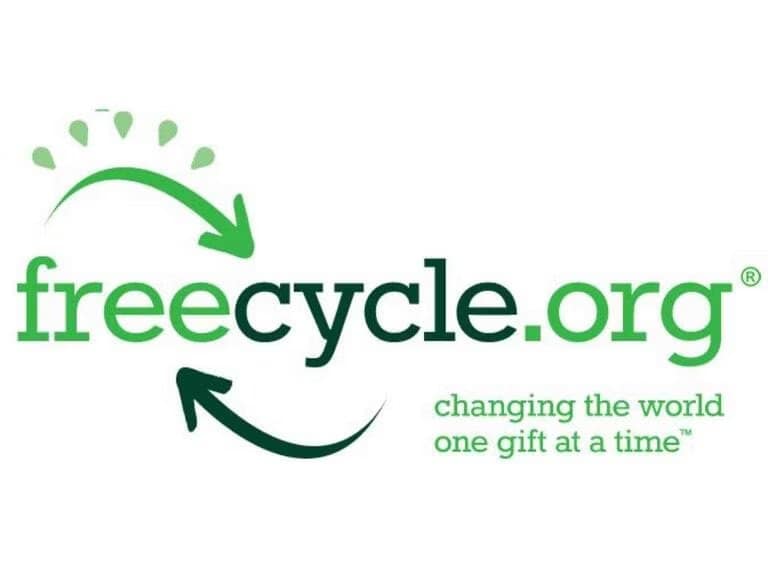
Taking care of earth with Freecycle is easy.
Freecycle is a grassroots and entirely non profit movement to help people give away their stuff for free.
With a network across the globe, made up of 5,000 local town groups, simply sign up and find a town (or more) near you.
By making posts about things you’d like to receive, other members can reply and arrange a pick up time.
Whether giving or taking, Freecycle is a great place to browse on a budget.
12. BlaBlaCar – Carpooling app

BlaBlaCar is a carpooling app designed for people to get cheap transport, or to earn money making commutes.
With every driver rated and ID’d, travel safely to your destination at a cheaper rate.
Carpooling is not only budget friendly, but easier on personal carbon footprints by conserving the earth’s resources.
Join over 100 million members in easy travel with BlaBlaCar.
- Check out 5 Of The Best Slow Travel Guide Books
13. Ecosia – eco search engine
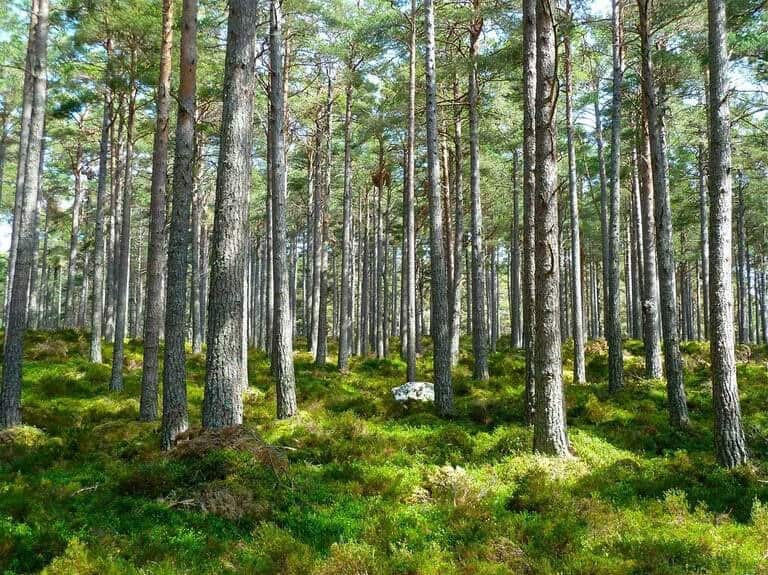
B Corp Ecosia is the search engine that plants trees for free – all you have to do is search.
By planting in over 30 countries with local organisations, Ecosia is on a mission to protect earth’s thousands of endangered plants and animals through reforestation projects.
Moreover, they also support projects that aim to restore land fertility which is integral to entire ecosystems, and the planet as a whole.
Simply use Ecosia on your phone, or as a chrome extension, and make a positive impact at the click of a button.
14. Refill – helping users go plastic free
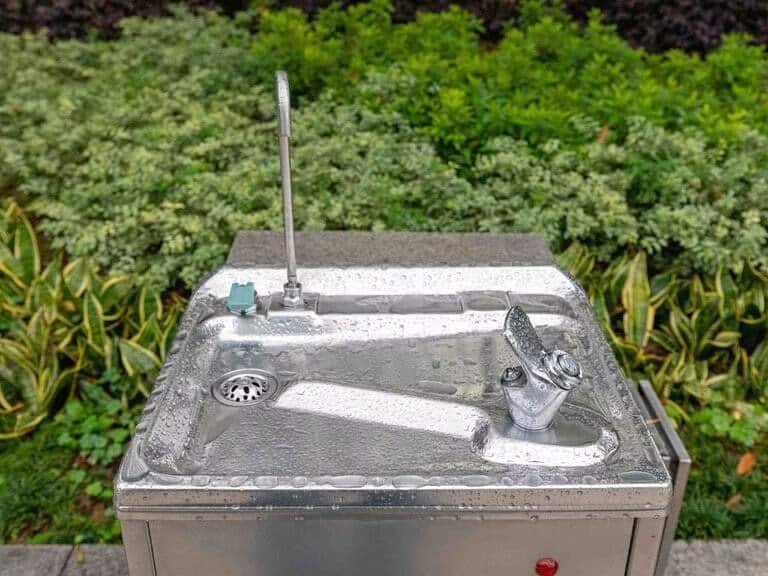
Arguably the easiest change we can make to save the earth’s resources.
Everyone knows the nightmare that plastic bottles wreak on the environment, yet finding places to fill up water bottles possesses its own form of hassle.
Luckily, the mobile app Refill allows users to connect to places with water refill stations.
That is not all. Refill also connects users to places offering discounts for bringing coffee cups, or places where your own lunch boxes can be filled instead of relying on single-use packaging.
Refill is a great way to get to know the area in a way to promote sustainable living – and it’s free.
15. Bikemap – database of cycling routes

Find the perfect bike route with Bikemap, a database with more than 9.6 million bike paths.
With over 6.5 million users worldwide, Bikemap helps people to get their pedal on no matter the location.
Available online, users can find cycle routes based on location and variety: from hilly routes to long tours, Bikemap is a fantastic way to explore the world and exercise at the same time.







